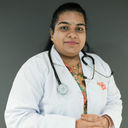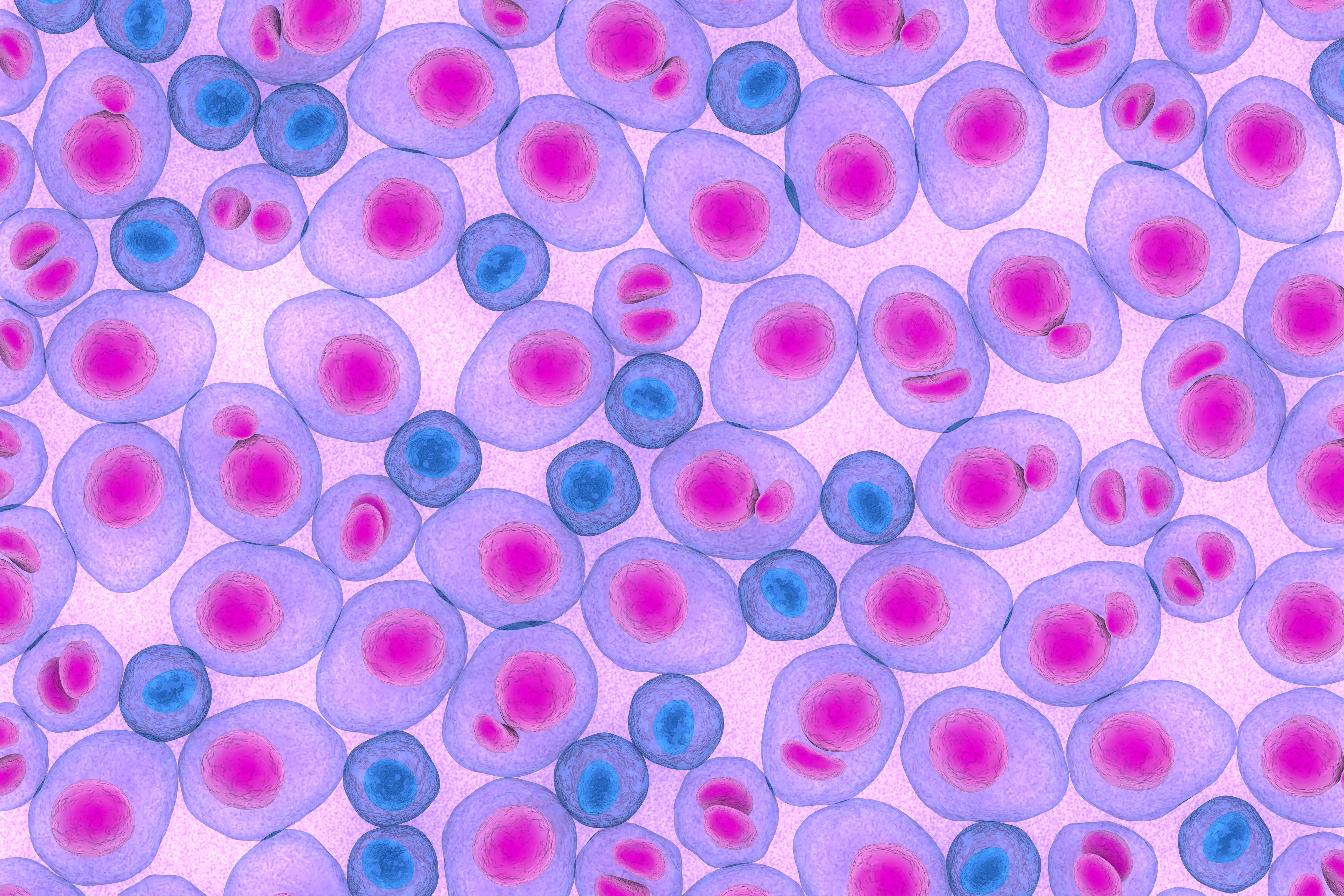Sample Collection in Pediatric Diagnostics
Sample collection in children requires extra care and gentleness. Learn about pediatric blood, urine, stool, saliva, and swab tests, how they’re done, tips to prepare your child, and when to seek medical help.

Written by Dr. Dhankecha Mayank Dineshbhai
Reviewed by Dr. Shaik Abdul Kalam MD (Physician)
Last updated on 13th Jan, 2026

As a parent, nothing is more important than your child’s health. When your little one needs medical tests, the process of sample collection can be stressful—for both you and your child. Understanding how pediatric sample collection works can help ease your worries and ensure a smoother experience.
This guide explains everything you need to know about sample collection for pediatric diagnostics, including common types of tests, what to expect, and tips to make the process easier for your child.
Why Is Sample Collection Important for Children?
Sample collection is a crucial step in diagnosing illnesses, monitoring growth, and ensuring your child receives the right treatment. Common pediatric tests include:
- Blood tests (for infections, anaemia, diabetes, etc.)
- Urine tests (for UTIs, kidney function, diabetes)
- Stool tests (for infections, digestive issues)
- Throat/nasal swabs (for flu, strep throat, COVID-19)
- Saliva tests (for genetic or hormonal conditions)
Since children’s bodies are still developing, collecting samples from them requires extra care to minimise discomfort and anxiety.
Common Pediatric Sample Collection Methods
1. Blood Tests
Blood tests help detect infections, nutritional deficiencies, and chronic conditions.
- Finger prick (Capillary sampling): A quick prick on the fingertip for small amounts of blood (common for newborn
screenings). - Venipuncture (Arm draw): A needle collects blood from a vein (used for more detailed tests).
- Heel prick (For newborns): A small prick on the baby’s heel to collect a few drops of blood.
Tips to Ease the Process:
- Stay calm—children pick up on parental anxiety.
- Distract them with a toy or a story.
- Use numbing creams if recommended by the doctor.
2. Urine Tests
Urine tests check for infections, kidney problems, or diabetes.
- Clean-catch method: For older kids, they urinate into a sterile cup.
- Bag collection (For infants): A special adhesive bag is placed over the genital area to collect urine.
Tips for Easier Collection:
- Give your child plenty of fluids beforehand.
- For infants, collect the sample first thing in the morning.
3. Stool Tests
Stool samples help diagnose digestive infections, parasites, or food intolerances.
- A small sample is collected in a sterile container.
- For babies, a diaper liner may be used.
Tips:
- Avoid mixing stool with urine.
- Use a clean spoon or spatula to transfer the sample.
4. Throat/Nasal Swabs
Used for detecting respiratory infections like flu, strep throat, or COVID-19.
- A soft swab is gently rubbed inside the nose or throat.
- It may cause brief discomfort, but it is over quickly.
Tips:
- Explain the process in simple terms ("It’ll feel like a tickle").
- Hold your child’s hand for reassurance.
How to Prepare Your Child for Sample Collection
Children may feel scared or anxious about medical tests. Here’s how you can help:
- Explain in Simple Terms – Use words like "quick pinch" instead of "painful needle."
- Stay Calm & Positive – Your confidence helps them feel safe.
- Bring Comfort Items – A favourite toy or blanket can be soothing.
- Reward Bravery – Praise them afterwards or offer a small treat.
When to Seek Help
If your child experiences:
- Excessive bleeding after a blood test
- Severe pain or swelling at the test site
- High fever or unusual reactions
Consult your paediatrician immediately.
Book a Pediatric Test with Apollo 24|7
At Apollo 24|7, we understand how delicate pediatric sample collection can be. Our trained professionals ensure a
gentle, child-friendly experience with minimal discomfort.
Schedule a test today through the Apollo 24|7 app or website for hassle-free pediatric diagnostics.
Final Thoughts
While sample collection can be intimidating for children, knowing what to expect can make the process smoother. With patience, preparation, and the right medical support, your child can get through their tests with minimal stress.
Would you like help booking a pediatric test? Visit Apollo 24|7 for quick and reliable diagnostics.
Consult a Specialist for Personalised Advice
Consult a Specialist for Personalised Advice

Dr. Mainak Baksi
General Practitioner
13 Years • MBBS , MD (MPH)
Howrah
Mainak Baksi Clinic, Howrah
(50+ Patients)

Dr. Siri Nallapu
General Practitioner
5 Years • MBBS
Hyderabad
Apollo 24|7 Clinic, Hyderabad

Dr. Shesham Srinidhi
General Practitioner
5 Years • MD(physician)
Hyderabad
Apollo 24|7 Clinic, Hyderabad
(150+ Patients)

Dr Divya Lekha Gunta
General Practitioner
10 Years • MBBS, MD (Pathology)
Visakhapatnam
Apollo 24|7 Clinic - Andhra Pradesh, Visakhapatnam

Dr. Rajib Ghose
General Physician/ Internal Medicine Specialist
25 Years • MBBS
East Midnapore
VIVEKANANDA SEBA SADAN, East Midnapore




